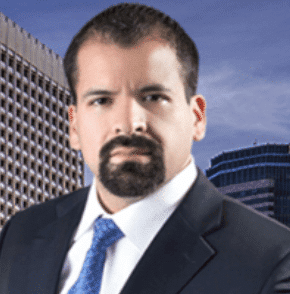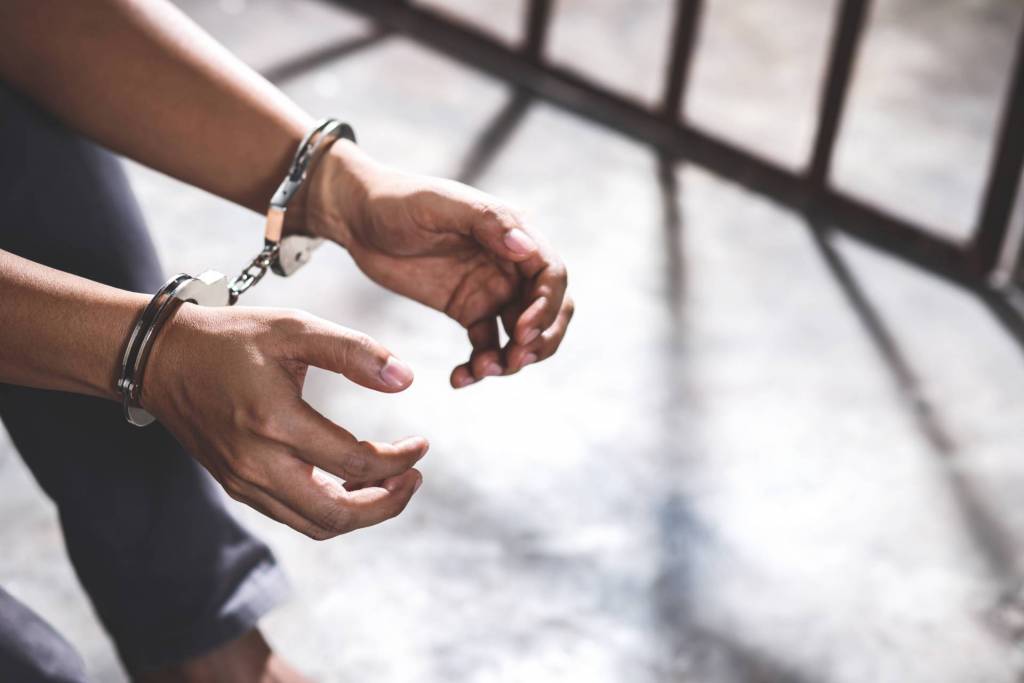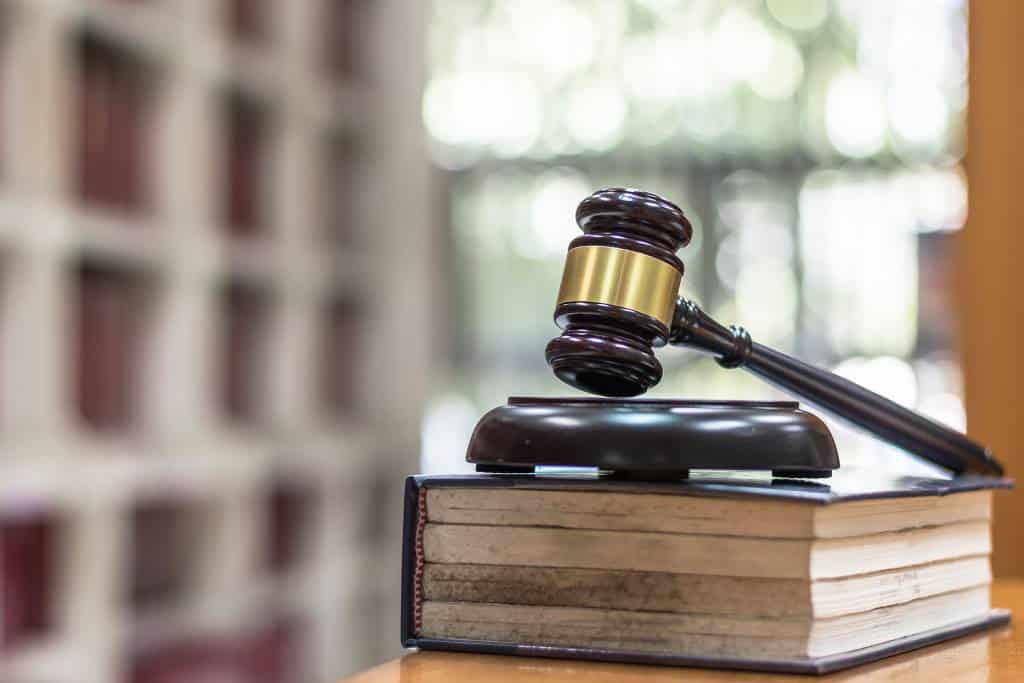Every person in the United States has legal rights that are guaranteed by the U.S. Constitution, and every person in the United States should know what those legal rights are. If you are pulled over by the police while you’re driving, and a police officer wants to search your cell phone, that officer must have either a warrant or your consent. If you are arrested in the Los Angeles area on the basis of a search of your cell phone, immediately put your case in the hands of an experienced Los Angeles criminal defense lawyer.
Some people have an extensive amount of personal information in their cell phones. It’s a combination address book, photo album, and more. Last year in the case Riley v. California, the U.S. Supreme Court determined that what’s on your phone is just as private – and just as legally protected – as what’s in your home. A police officer cannot simply search your phone without your consent except with a warrant.
If you are stopped by the police in traffic, remain calm, keep your hands on top of the steering wheel, and produce your license and registration if they’re requested. If an officer wants to search your cell phone, you may politely refuse. If you allow a search of your cell phone, anything that’s found there can be used against you in court. Usually, the police will go to the trouble of obtaining a warrant only if they strongly believe that the warrant will yield useful evidence regarding a crime. However, if you are arrested on the basis of other evidence and the police then want to search your phone for corroborating evidence, they may seize your phone when they arrest you and hold your phone until they obtain a warrant to search it.
If you are arrested for a crime in the Los Angeles area because of evidence that was on your cell phone – or if you believe that your person, phone, vehicle, business, or your home was illegally searched – get the legal help you need, and take your case at once to an experienced Los Angeles criminal defense lawyer.
What is a Stingray?
But, actually searching through your cell phone is not the only way that law enforcement officers are trying to use your phone against you. They can also track your cell phone using a controversial surveillance technology.
Courts are pushing back against law enforcement’s secretive use of StingRay devices, an intrusive cell phone surveillance technology. These devices locate a cell phone with extraordinary precision, but they operate in a dragnet fashion, also scooping up information from other wireless devices in the vicinity. Courts are making it clear that if law enforcement wants to use new surveillance technologies, the police can’t hide that technology from either the courts or defense counsel. The federal government has been using StingRay devices since at least 1995, and their use by state and local police is widespread. If you are charged with a crime in the Los Angeles area based on information gathered by a StingRay device or any other surveillance technology, or if a police officer searched your cell phone without your consent, get legal help at once and take your case to an experienced Los Angeles criminal defense attorney immediately.
An IMSI catcher, more commonly referred to as a StingRay, mimics a cell tower and can be used to track a suspect’s location or engage in other types of surveillance. Although use by federal, state, and local law enforcement is common, the government has gone to great lengths to hide its use of StingRay devices. In one Maryland case in 2014, a judge ordered cell phone evidence suppressed after the police refused to explain how they located their suspect. In another recent Maryland case, a judge threatened to hold a police detective in contempt unless he explained how the police had tracked their suspect; rather than reveal details of the StingRay technology, prosecutors instead withdrew the evidence they had gathered using the device. Why do these law enforcement officers refuse to disclose information about how they are tracking suspects? What other technology could they be using without the public’s knowledge?
If you are charged with a crime on the basis of surveillance technology, you need an aggressive defense attorney who will press for complete information about the surveillance. If a warrant was not properly obtained or if your rights were violated in any way by the police, an aggressive defense lawyer can use police misbehavior to your advantage. In the Los Angeles area, if you’re accused of any crime, get the legal help you need and contact an experienced Los Angeles criminal defense attorney immediately.
Using Your Cell Phone During A Police Stop
The California Senate recently acted to approve legislation to strengthen a law to allow clear legal protections to persons who videotape police officers. The bill has been backed by the American Civil Liberties Union, and is being promoted by State Senator Ricardo Lara, Democrat-Bell Gardens, who says that recent incidents across the country and including in California have raised issues about what civilians can and cannot record.
In some cases around the country, police officers as well as courts and prosecutors have tried to justify snatching of cell phones from witnesses at the scene of police action. However, many states have ruled that the public does have a right to record police officers using cell phones. A similar bill in Oregon has moved forward, making it legal for persons to videotape police, as long as they are not interfering with police activity.
Your cell phone makes it easy for you to record incidents of police misbehavior that otherwise would have gone unnoticed. Not surprisingly, there has been a major backlash against crime from police departments in California and around the country. In some cases, police have threatened citizens who were found recording their activities.
If you have been arrested, speak to a Los Angeles criminal defense attorney immediately. Stay silent, do not resist arrest, and call a Los Angeles criminal defense attorney.










